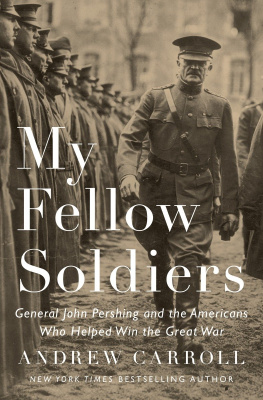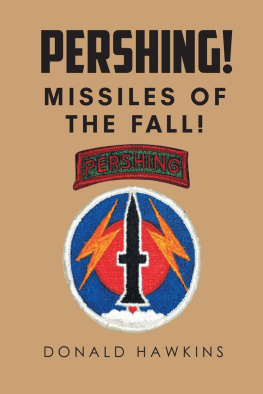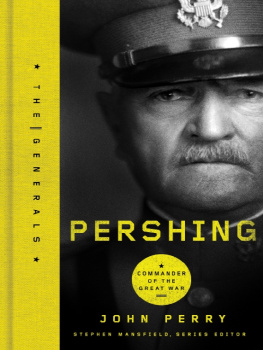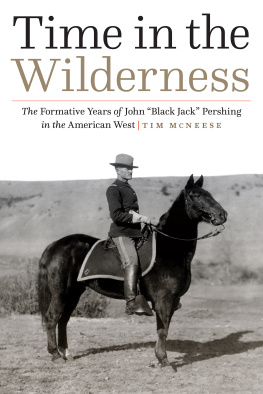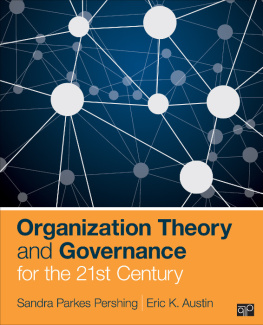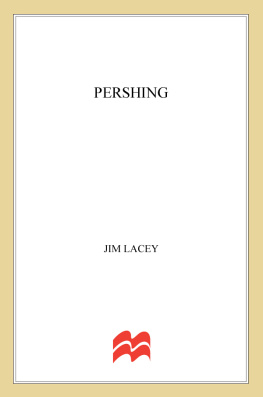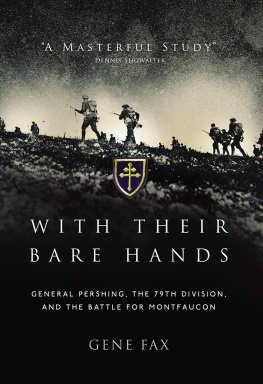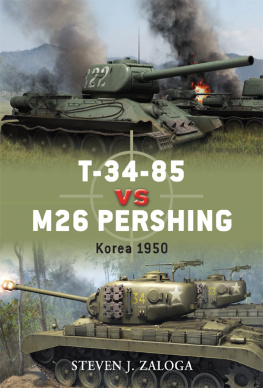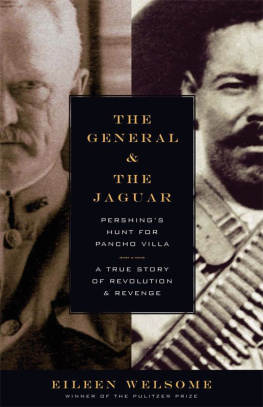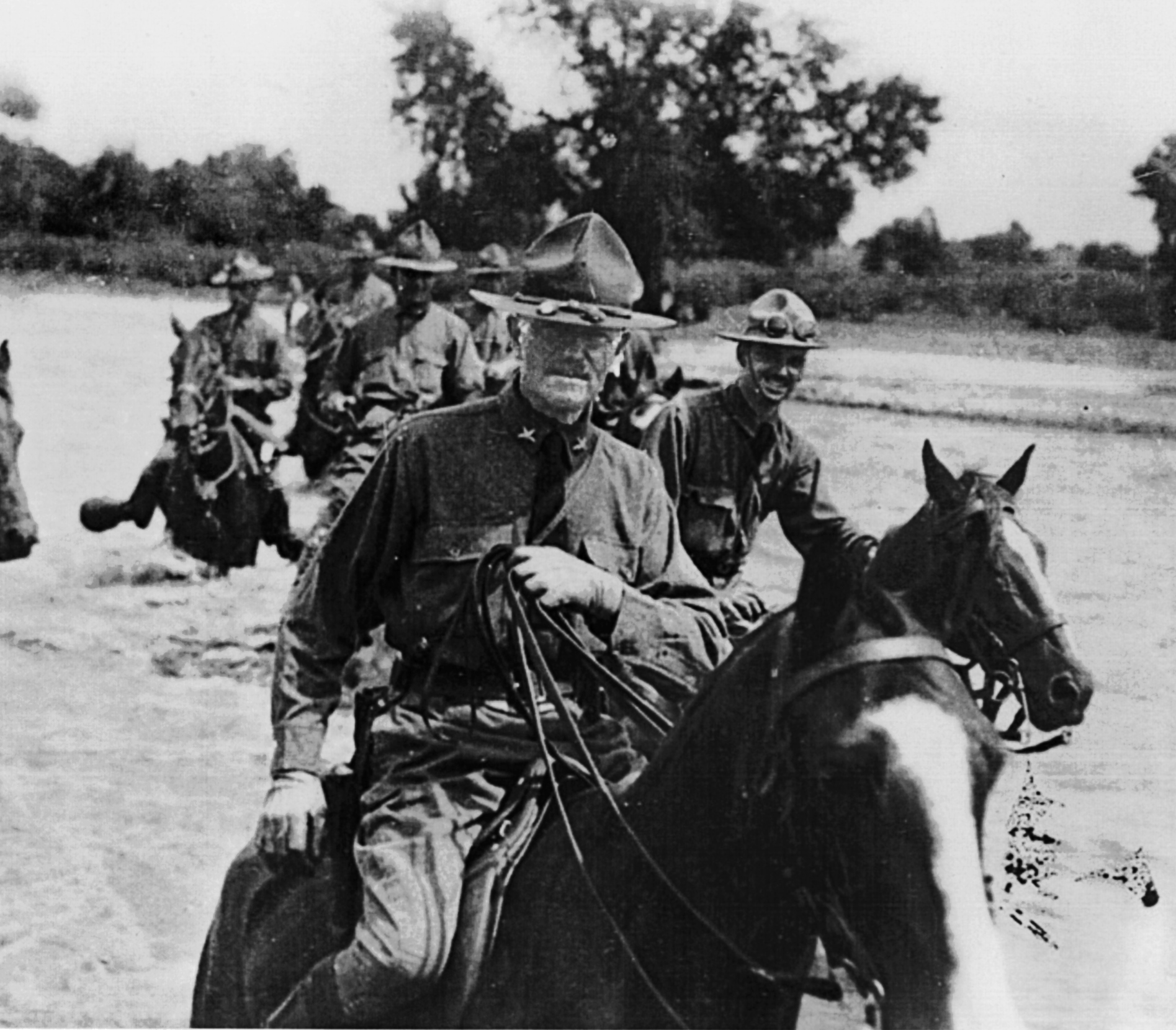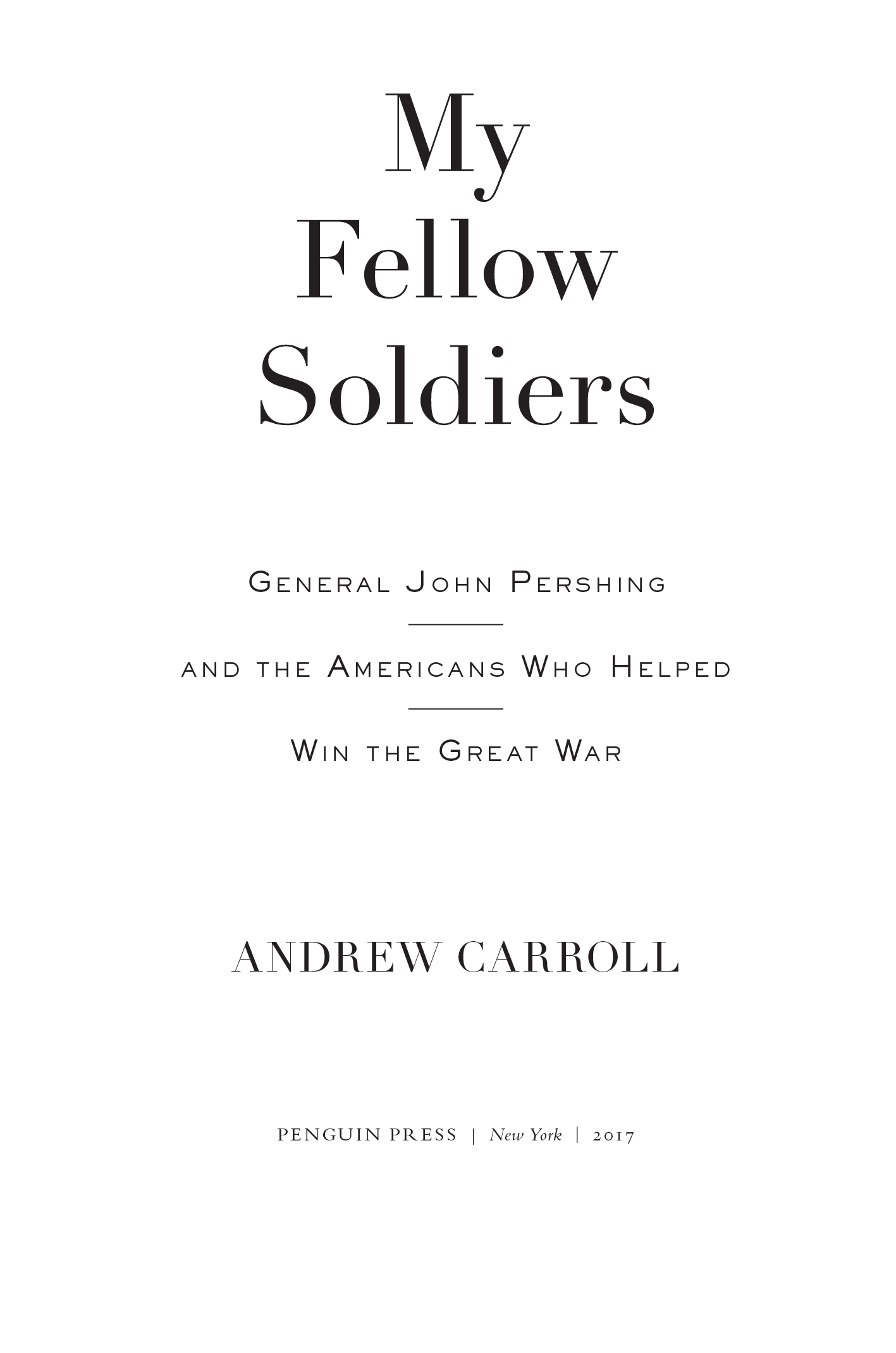ALSO BY ANDREW CARROLL
Here Is Where
Grace Under Fire
Operation Homecoming
Behind the Lines
War Letters
Letters of a Nation
PENGUIN PRESS
An imprint of Penguin Random House LLC
375 Hudson Street
New York, New York 10014
penguin.com
Copyright 2017 by Andrew Carroll
Penguin supports copyright. Copyright fuels creativity, encourages diverse voices, promotes free speech, and creates a vibrant culture. Thank you for buying an authorized edition of this book and for complying with copyright laws by not reproducing, scanning, or distributing any part of it in any form without permission. You are supporting writers and allowing Penguin to continue to publish books for every reader.
Library of Congress Cataloging-in-Publication Data
Names: Carroll, Andrew, author.
Title: My fellow soldiers : General John Pershing and the Americans who
helped win the Great War / Andrew Carroll.
Description: New York : Penguin Press, 2017. | Includes bibliographical
references and index.
Identifiers: LCCN 2016056754 (print) | LCCN 2017010589 (ebook) | ISBN
9781594206481 (hardcover) | ISBN 9780698192669 (ebook)
Subjects: LCSH: Pershing, John J. (John Joseph), 18601948 | GeneralsUnited
StatesBiography. | United States. ArmyBiography. | World War,
19141918United States. | World War, 19141918Biography. | United
States. Army. American Expeditionary Forces.
Classification: LCC E181 .P426 2017 (print) | LCC E181 (ebook) | DDC
940.4/1273dc23
LC record available at https://lccn.loc.gov/2016056754
Frontmatter maps by Jeffrey L.Ward
Version_2
This book is dedicated to
E RWIN B LONDER and J AMES C ARROLL J ORDAN,
two extraordinary veterans who served their country with honor.
Contents
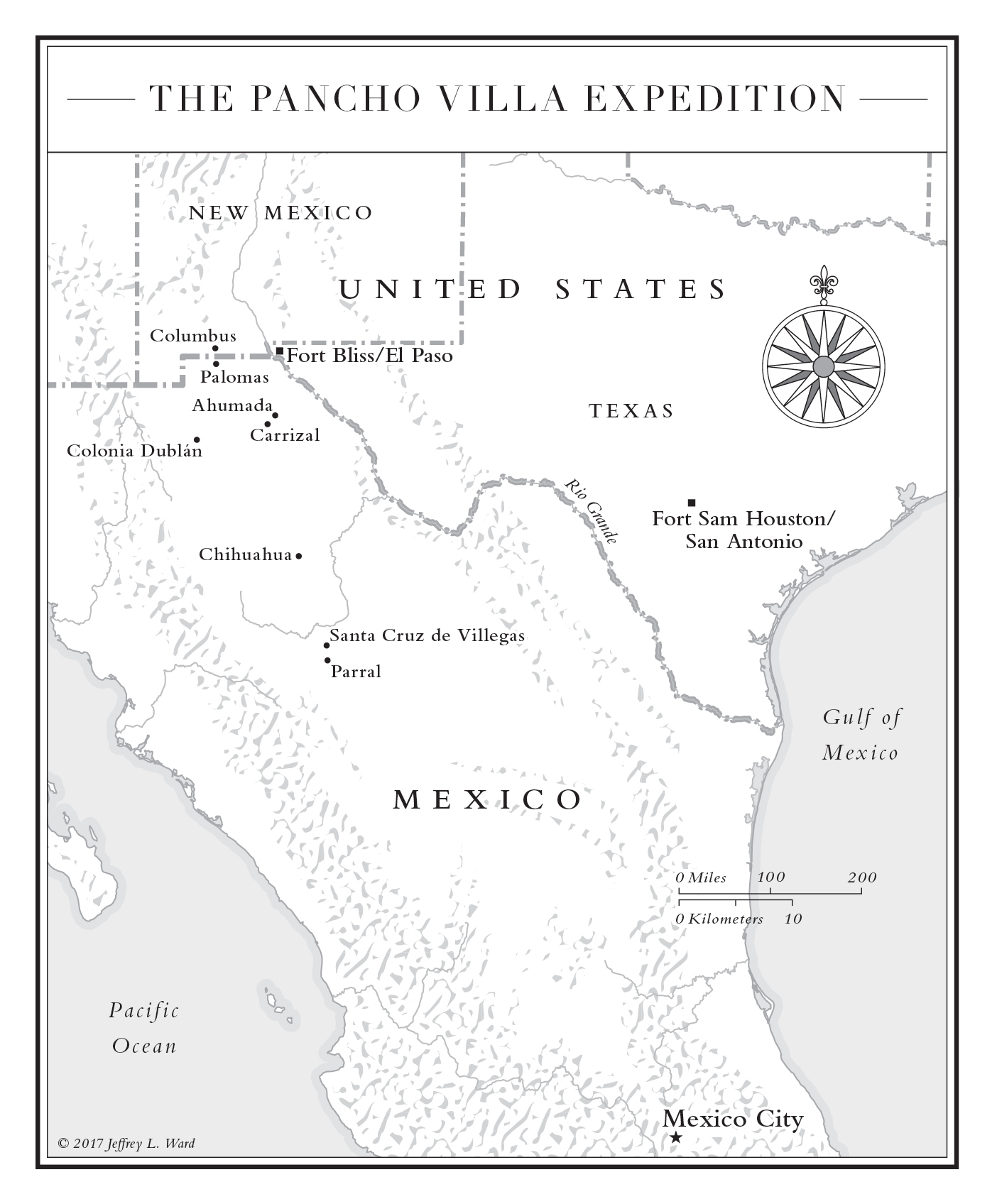
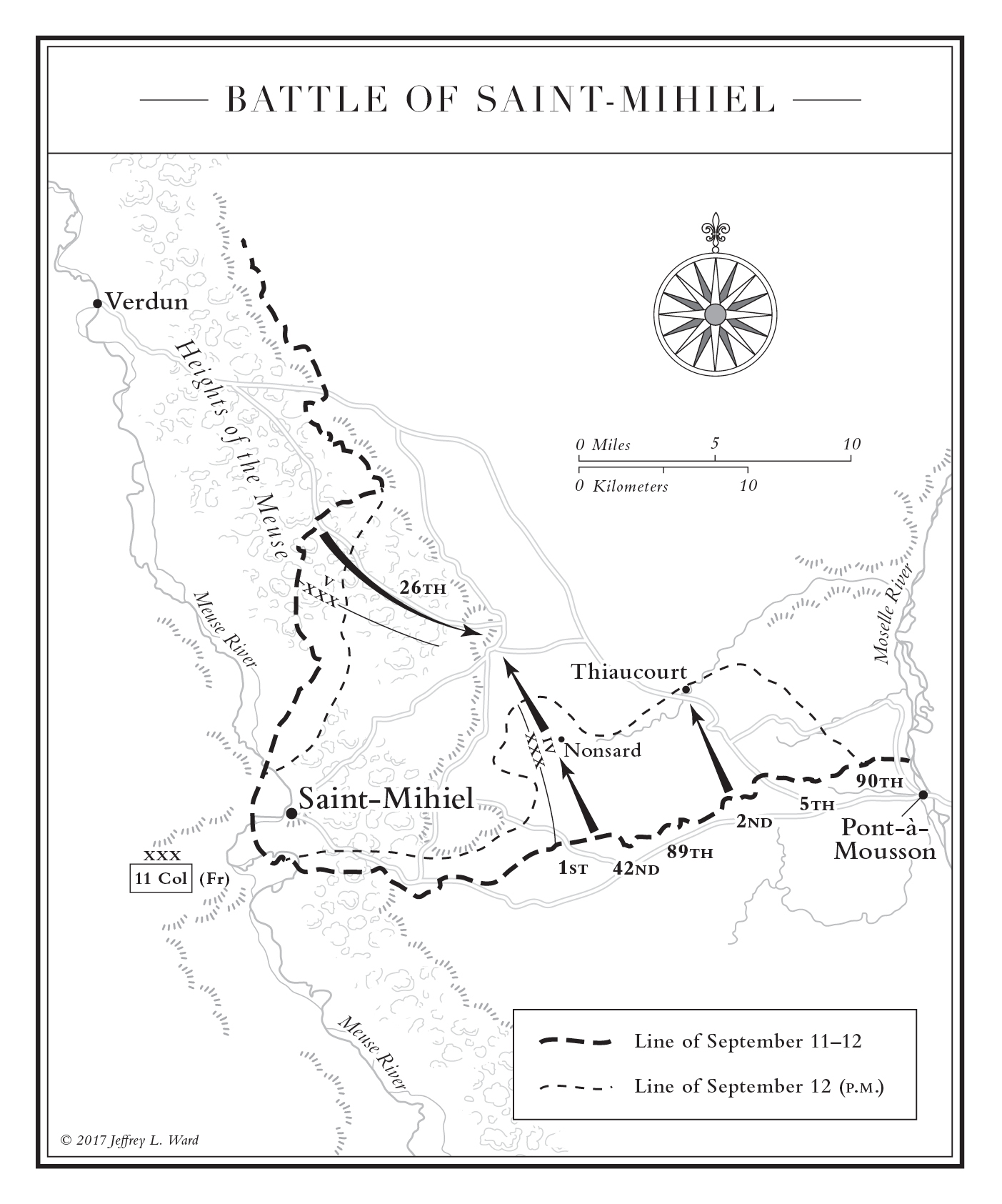
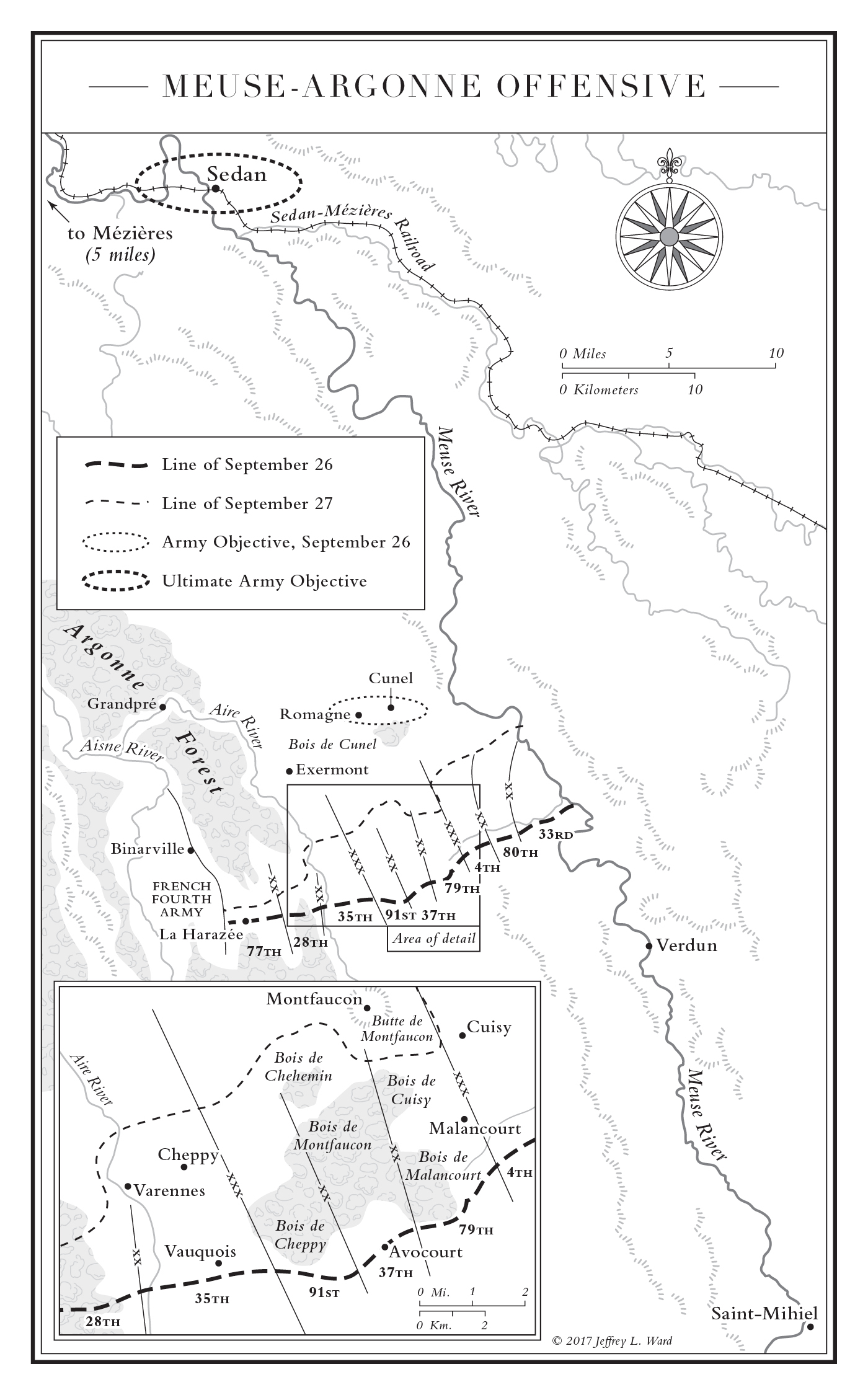
American Expeditionary Forces Chain of Command and Organization
PRESIDENT OF THE UNITED STATES
SECRETARY OF WAR
(renamed the Secretary of Defense in 1949)
ARMY CHIEF OF STAFF
AEF COMMANDER
GENERAL OR LIEUTENANT GENERAL
Commander of a field army, each consisting of two to five corps (By the end of World War I, the United States had two field armies, First Army and Second Army. General Pershing created VI Corps, but it existed mostly on paper and was used to deceive the Germans before the battle for Saint-Mihiel in September 1918.)
LIEUTENANT GENERAL
Commander of a corps, each consisting of two to five divisions
MAJOR GENERAL
Commander of a division, each consisting of three brigades
BRIGADIER GENERAL OR COLONEL
Commander of a brigade, each consisting of two regiments
COLONEL
Commander of a regiment, each consisting of two or more battalions
LIEUTENANT COLONEL OR MAJOR
Commander of a battalion, each consisting of three or more companies
CAPTAIN
Commander of a company, each consisting of three or more platoons
LIEUTENANT
Leader of a platoon, each consisting of four or more squads
SERGEANT
Leader of a squad, each consisting of four to twelve soldiers or Marines
Foreword
S TASHED AWAY FOR DECADES and found by chance in a garage attic, the small bundle of World War Iera letters sent from France by a U.S. serviceman had never been published or shown to anyone outside of his family. In the letters, the soldier expresses how meaningful it is to receive mail and be reminded that he hasnt been forgotten. Dear Aunt Eliza, he wrote on November 9, 1917. It was very delightful to get your letter and to know that you still think of me; also to know that I have your sympathy and good wishes.
And to a friend he had not heard from, he added a short, plaintive handwritten note at the end of a typed letter to her, stating: Dear Anne: I dont know why you do not write to me. I asked you to do so but have I think received but two letters from you in the past two yearsIt is not easy to understand. Best Love. J.J.P.
J.J.P. was John Joseph Pershing, the fifty-seven-year-old general who was commanding the entire American Expeditionary Forces in World War I at the time. His leadership and the decisions he was making on a daily basis were affecting the lives of millions of individuals and even the fates of nations. But all of Pershings prestige and power couldnt mitigate the very human longing he felt to be thought of and remembered while he was thousands of miles from home.
Woven through these newly discovered letters are also references to a catastrophic personal loss that Pershing suffered before the war that caused those close to him to fear he might, emotionally, never recover. In the same November 9, 1917, letter to his Aunt Eliza, Pershing remarked that his focus on the war helped distract him from thinking about the tragedy he had endured, confiding: Only by being continually at work in positions requiring my whole thought have I been able to live during the past two years.
To the soldiers of the American Expeditionary Forces serving under Pershing, these intimations of emotional vulnerability would have come as a shock. Pershing was notoriously strong-willed, to the point of seeming cold, rigid, and humorless, almost more machine than man. He was especially unforgiving when it came to matters of discipline. From the youngest privates to senior officers, including other generals, Pershing would lash out if he noticed the slightest imperfection, be it an unpolished boot or a missing button. (Ironically, Pershing had one pronounced failing throughout his entire military career: He was constantly late. The reason wasnt laziness though; Pershing often became so absorbed in what he was doing that he lost his sense of time. Nevertheless, it irritated his staff members and, in particular, the obsessively punctual French and British officers with whom he worked.)
Pershings private letters reveal that the crusty old general was in fact a doting and sweet-natured father, a husband passionately in love with his wife, and an empathetic soul, quick to offer solace to friends and strangers alike coping with their own trauma. And regardless of what many AEF soldiers might have thought of Pershing, his letters frequently conveyed his deep pride in them for their courage, their resilience, and their sense of duty. Whatever sternness he displayed outwardly, he would argue, was because of his concern for his troops. He believed that those who pushed themselves to their physical limits and could function under enormous pressure in the face of extreme hardships were the ones most likely to survive. If his unyielding strictness and lack of warmth caused him to be unpopular, he couldnt care less.

